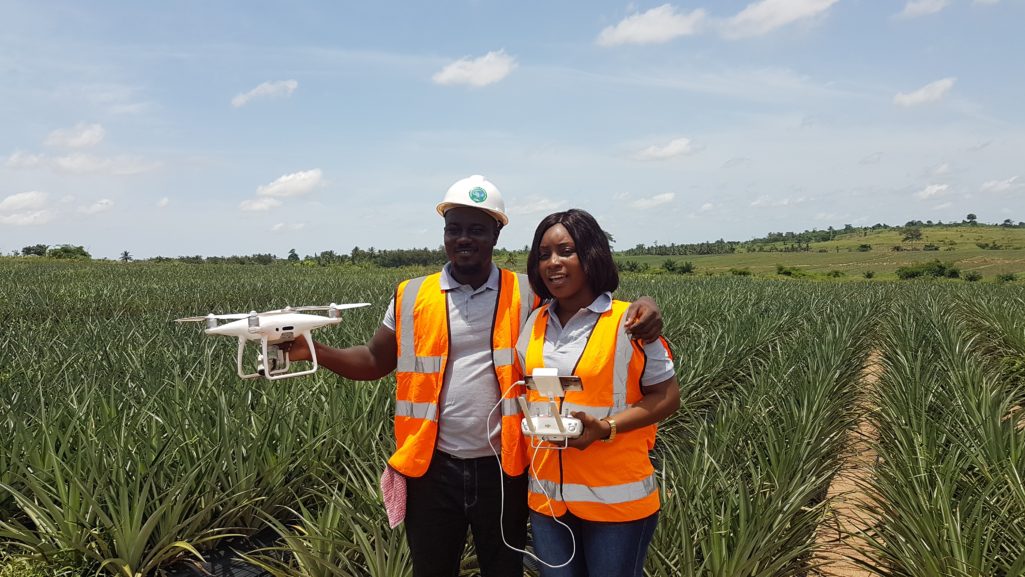The governor of the Bank of Ghana, Dr Ernest Addison, has stated that considering Ghana’s fast-changing landscapes and environmental conditions, financing the agricultural (agric) sector in the country will be shaped by a blend of technological (tech) advancements.
With the help of fintech companies, small-scale farmers in rural areas who have no access to capital to expand their farms or purchase farm machinery to boost their productivity will be able to do so.
Read also: Agripredict launches AI-powered weather app for Zambian farmers
How tech advancement will influence agricultural financing in the future
According to Dr Addison, fintech companies and digital platforms are changing business financing by giving more accessible and flexible funding options.
He said: “Digital platforms could be leveraged to connect farmers with investors, offer microloans, and streamline the application process. Advances in data analytics and artificial intelligence would also help lenders assess creditworthiness more accurately by analysing data from various sources – such as credit reference bureaus, weather patterns, and historical yields – AI can be deployed to provide precise risk assessments and tailor financing solutions to individual needs.
“As precision agriculture technologies become more widespread, they could influence financing by demonstrating the potential for increased productivity and lower risks. Farmers who adopt these technologies might have better access to capital due to their ability to produce more reliable returns.”
According to Dr Addison, farmers can also seek capital through crowdfunding and peer-to-peer lending.
Financing projects that enhance climate resilience
Dr Addison continued that with climate change posing significant risks to agriculture, more projects that will contribute to climate resilience will be funded.
It includes financing sustainable practices, like agroforestry and water-saving technologies.
He added that more investors are interested in supporting agriculture that is based on sustainable and climate-friendly practices.
Read also: Kraken’s impact on shaping the future of Nigeria’s palm oil industry
The role of government policies and regulations
Government policies and support programmes will still be essential in agricultural financing.
Subsidies, grants, and low-interest loans can support farmers.
Changes in regulatory frameworks, especially those related to financial inclusion, environmental standards and sustainability, could also influence financing.
Lenders and investors must stay informed about regulations affecting agricultural practices and financing.




